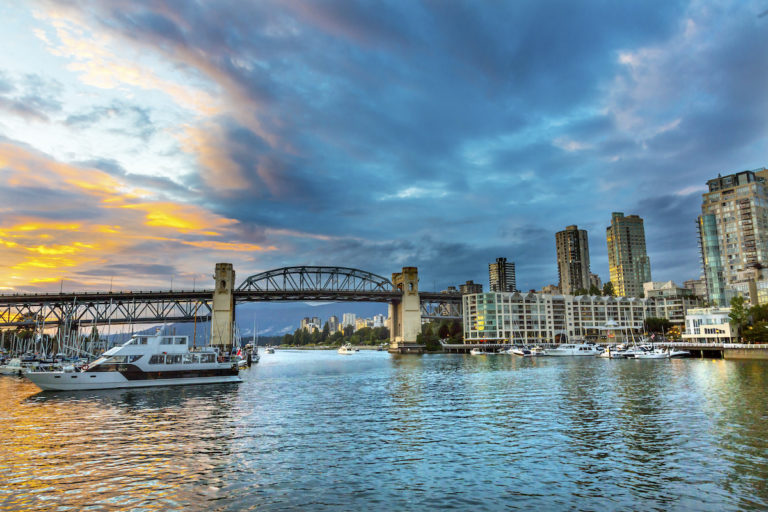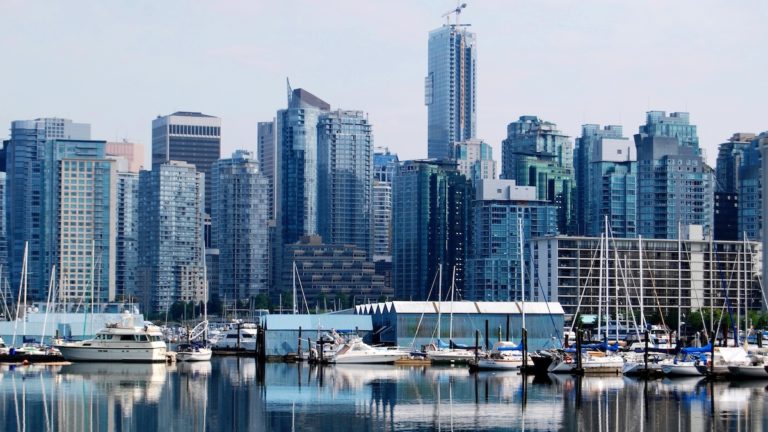Manitoba has issued 283 invitations to apply in a new Canada immigration draw through the Manitoba Provincial Nominee Program.
The December 14 draw saw LAAs issued through three MPNP streams.
Skilled Workers in Manitoba candidates who had completed post-secondary studies in the province received 160 LAAs, with a minimum score of 774 points. Candidates with a spouse who had completed post-secondary studies also qualified in this category.
International Education Stream candidates received 62 LAAs.
The remaining 61 LAAs went to Skilled Workers Overseas candidates through a Strategic Recruitment Initiative, with a minimum score of 714.
Manitoba stated that 20 of the 283 candidates invited had valid Express Entry IDs and job seeker validation codes.
In a separate draw on November 30, Manitoba issued 117 invitations as part of its special immigration measures for Ukraine.
Read More Canada Immigration News
Remove Barriers For Internationally-Educated Nurses, Says Manitoba Immigration Minister
Manitoba PNP Draw: Province Issues 268 Canada Immigration Invitations
Manitoba Issues 301 Canada Immigration Invitations In New Provincial Draw
To qualify, candidates must:
- Be a citizen of Ukraine;
- have a minimum of CLB 4 in each language band;
- have established connection to Manitoba (close relative, family-like, community, previous employment or studies in Manitoba);
- have a valid language test; and
- score at least 60 points according to MPNP assessment criteria.
For detailed requirements of all the streams featured in this draw, please see below.
What Were the Details of the Latest Manitoba Draw?
| Stream | Sub-Stream | Letters of Advice to Apply | Score of Lowest Ranked Candidate |
| 1) Skilled Workers in Manitoba | Completed Post-Secondary Study in Manitoba | 160 | 774 |
| 2) International Education Stream | 62 | – | |
| 3) Skilled Workers Overseas | Strategic Recruitment Initiative | 61 | 714 |
| 4) Special Immigration Measures for Ukraine | 117 | 60 |
Video
How Do I Qualify For The Skilled Worker in Manitoba Stream?
The Skilled Worker in Manitoba Stream (SWM) is based on the specific needs of Manitoba employers. SWM selects foreign-trained workers with the required skills and nominates them for Canada permanent residence. The stream prioritizes candidates with a strong attachment to Manitoba, with two pathways to Manitoba immigration.
a) Manitoba Work Experience Pathway
For applicants currently working in Manitoba on temporary work permits, through the Temporary Foreign Worker Program or as international graduates from any province. Candidates do not need to be working in In-Demand Occupations.
b) Employer Direct Recruitment Pathway
For applicants from overseas with job offers from approved Manitoba employers.
How Do I Qualify For The Skilled Worker Overseas Stream?
The Skilled Worker Overseas Stream (SWO) includes both a dedicated Canada Express Entry Pathway and a direct provincial pathway.
It is aimed at international skilled workers with skills and training in Manitoba’s In-Demand Occupations. Priority is given to applicants and spouses with close family connections, plus the language proficiency, training and experience to find jobs quickly.
a) Manitoba Express Entry Pathway
For international candidates eligible under another MPNP stream, who also meet Express Entry criteria and have an active Express Entry profile. Candidates need skills, training and experience in one of Manitoba’s In-Demand Occupations, and a strong family connection to the province.
b) Human Capital Pathway
For international skilled workers with skills, training and experience in one of Manitoba’s In-Demand Occupations. Candidates must demonstrate potential to find employment soon after they arrive in Manitoba.
What Are The Requirements For the International Education Stream?
The International Education Stream (IES) is dedicated to international graduates from Manitoba colleges and universities. Under IES, candidates are no longer required to work for six months in their field before applying for an MPNP nomination. It has three pathways:
1) Career Employment Pathway
Eligibility requirements include:
- Completed a one-year or longer course from an eligible post-secondary Manitoba institution within three years of submission of application.
- Have a full-time job offer in a Manitoba In-Demand occupation related to the completed degree
- Resident of Manitoba
2) Graduate Internship Pathway
Masters and Doctoral degree holders who have completed Mitacs Accelerate or Elevate internships can apply for nomination through internships even without a job offer in the province.
3) Student Entrepreneur Pathway
Eligibility requirements include:
- Completed a two-year or longer course from an eligible post-secondary Manitoba institution
- Six months business operation experience in Manitoba
- Resident of Manitoba since graduation.
- No specific minimum personal net worth requirement


